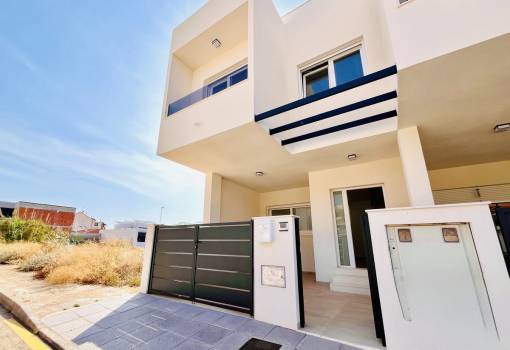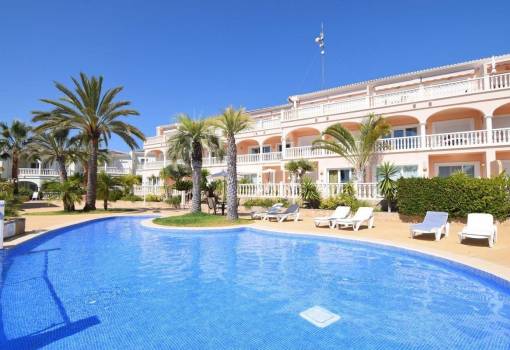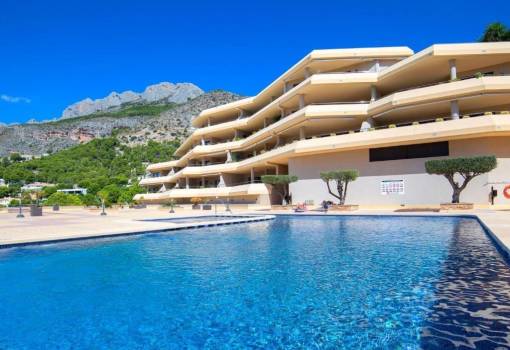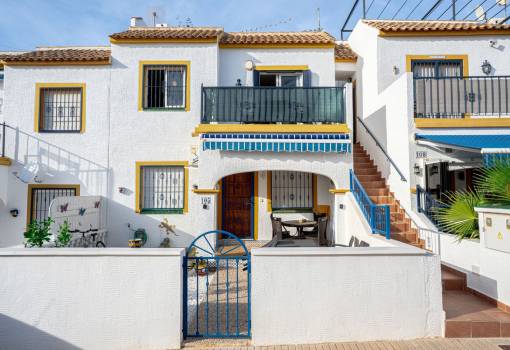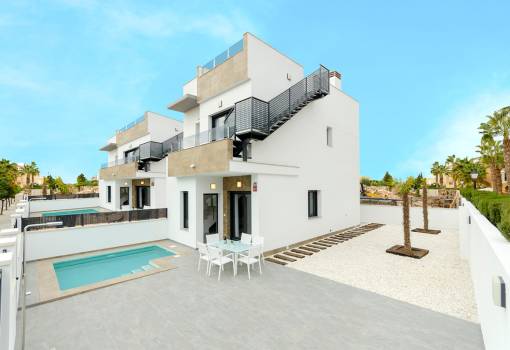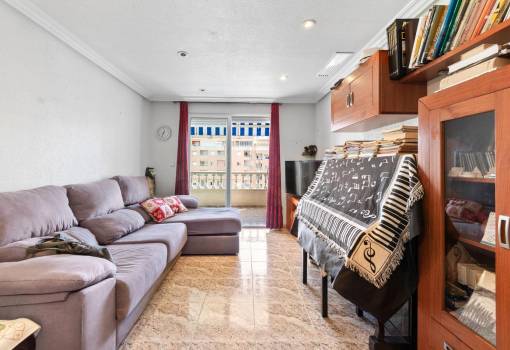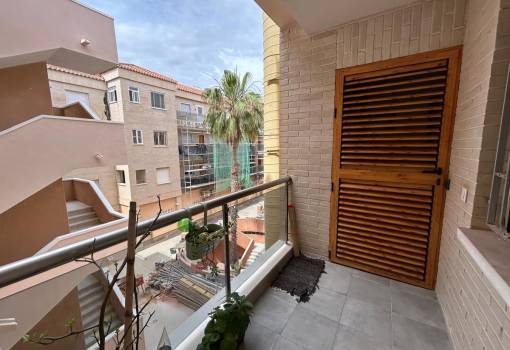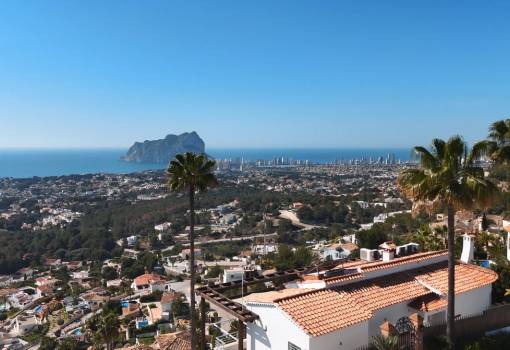What is the energy efficiency certificate and how to get it (CEE)
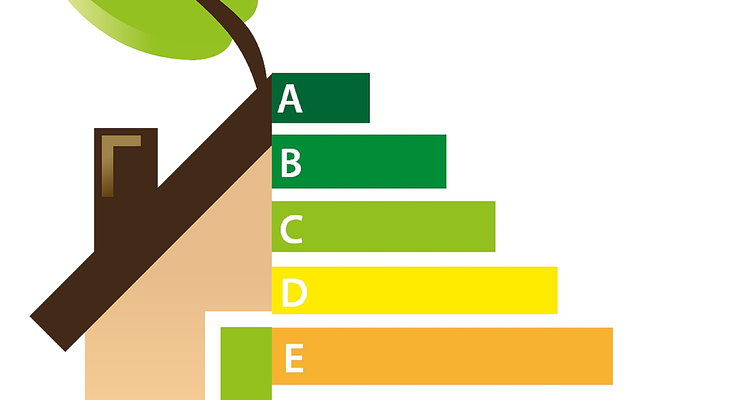
If you want to rent or sell a house in Spain you will need an energy efficiency certificate (CEE). To avoid possible problems, in this post we tell you everything you need to know about this certificate.
As you know, to sell or rent a home, among the different documents that are required, is the Energy Efficiency Certificate. Although it is an increasingly well-known document among owners, there are still many doubts.
What is the energy certificate?
The energy efficiency certificate or energy certificate is nothing more than an official document drawn up by a competent technician.
You will necessarily need it when:
- You want to sell a property.
- You want to rent a property that you own.
This certificate includes objective information on the energy characteristics of the home. It is prepared by calculating the energy consumption that each building or home needs for a year, under normal operating and occupancy conditions. Based on this calculation, the property can be classified energetically with one letter or another.
The calculation includes the production of hot water, heating, lighting, cooling and ventilation. It also takes into account elements such as exterior cladding materials, carpentry, the type of windows or air conditioning systems.
How is it obtained?
There are many owners who wonder how to make an energy certificate. First of all, you should know that this document can only be issued by a specialized technician.
1.- An architect or an engineer visits your home to take measurements, check the insulation, the heating systems and even the façade of the home. From these measurements, and using specific calculations, they will assign a letter to the energy rating of your home.
2.- Once you have issued the energy efficiency certificate, you have to register it. This procedure varies depending on the Autonomous Community. In most territories it can be done electronically. The ideal for this process is that it be carried out by the certifier itself, in this way, we will have the guarantee that it is done correctly and that the Autonomous Community has it registered well, in addition, there are records that request very specific data that the technician will know how to fill
How much does the energy efficiency certificate cost?
It is impossible to give an exact price, since each technician is free to set his own rates and, logically, these depend on the work that has to be done. There are many factors (location, type of property, area in square meters...) that will have a decisive influence on the price you end up paying. Also, keep in mind that the energy certificate is much more than just a piece of paper. It can be done with more or less dedication, include more or less recommendations, be more or less detailed... and other extras may or may not be included in the price (such as taking care of registering it with the competent body, which is a tedious task that I'm sure you want to avoid yourself).
To give you an idea, the price is around €160 plus registration (€9). In larger homes, the price is a little more.
The energy certificate must be paid by the owner of the property at the time of its realization.
Remember
When you promote your home, it is necessary that the energy label appears visible in all advertisements. So when you go to carry out any operation, deliver the documentation to the real estate agency or portal. Also, if you decide to rent it privately, give a copy of the certificate to the tenant along with the contract. Having the energy certificate of a home that you want to rent is mandatory, as well as promoting it by reporting the energy label of the home. If you do not have it and do not follow the instructions, you can face fines ranging from €300 to €6,000.
For what reasons can I be fined?
- If you do not have a valid energy certificate
- If the property is advertised without the energy information
- Have the energy certificate expired
- If the energy certificate does not contain the correct information
- Do not register the certificate
- Not providing the energy certificate to the tenants
- The falsification of the energy label
- Properties in which the Energy Certificate is necessary
Properties in which the Energy Certificate is not necessary
- Buildings and monuments officially protected because they are part of a declared environment, or because of their particular architectural or historical value.
- Religious and cult buildings.
- Buildings with a total useful area of less than 50 m2.
- Workshops or rooms intended for agricultural work and not for residential use.
- Buildings that, due to their characteristics, must remain open.
- Provisional constructions and that are less than two years old from their manufacture.
- Buildings or parts of buildings whose use is less than four months per year, or during a limited time of the year and which results in an energy consumption of less than 25% of that foreseen for its use during the entire year, provided that this is stated by Responsible declaration of the owner of the house.




